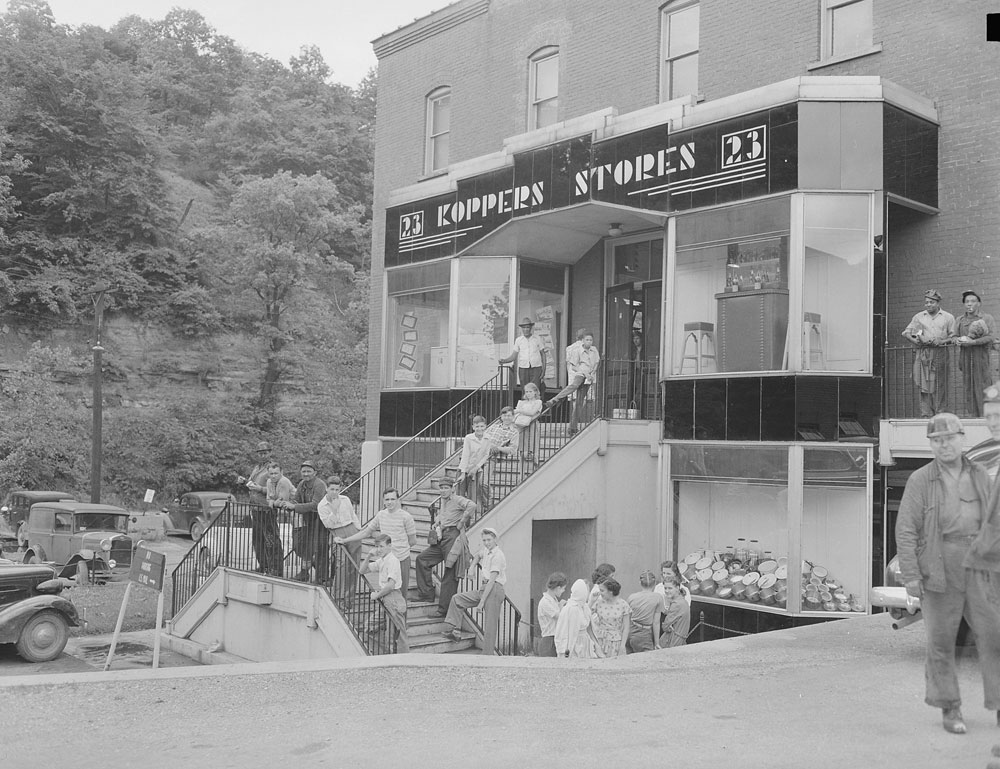
November 11, 2019; Boston Globe
With unemployment at record lows, nursing homes and assisted living centers are struggling with high turnover and vacancy rates. The low pay and difficult work of caring for frail elders often makes these jobs less attractive than jobs available in retail and other service industries. On Cape Cod, where Bill Bogdanovich runs Broad Reach Healthcare, a health system that includes both a skilled nursing facility and assisted living, the problem is compounded by the lack of affordable housing. So, Bogdanovich has invested in a new strategy: buying residential housing and renting it at below-market rates to his certified nursing assistants and other frontline workers.
There was a time when the “company town” was common. From the Appalachian coal town to the Hawaiian plantation town, workers were required to rent their houses and buy their goods from their employers. In many cases, overpriced goods forced workers to run up debt that kept them tied to their jobs. Bogdanovich, by contrast, is offering below-market rents to attract employees to work in the wealthy community of Chatham, where housing is out-of-reach for his low-wage staff. In other words, unlike the company town of old, here housing is an employee benefit, not a profit center.
Despite putting multiple policies in place to support its frontline workers and create better quality jobs, Broad Reach has struggled to find and keep staff. One of the major barriers has been housing: unable to afford local housing, workers had to drive long distances to work, increasing their costs and reducing their own quality of life. More recently, recruitment became even more challenging, as the anti-immigration policies of the Trump administration further reduced the pool of applicants.
It was time for an innovative approach—and a year later, it appears to be paying off. Broad Reach has reduced its vacancy rate to eight percent, while the average vacancy rate at Cape Cod nursing homes is nearly 20 percent.
“Having this housing available nearby makes working here that much more doable for many of our people,” Bogdanovich told Boston Globe reporter Robert Weisman.
Sign up for our free newsletters
Subscribe to NPQ's newsletters to have our top stories delivered directly to your inbox.
By signing up, you agree to our privacy policy and terms of use, and to receive messages from NPQ and our partners.
Some industries have the flexibility to raise wages when facing an employment crisis, but nursing homes are constrained by state Medicaid reimbursement rules, which in Massachusetts pays for two-thirds of the state’s nursing home residents. The average wage for nursing assistants in the state is $15.54 per hour, according to the PHI Workforce Data Center. An average one-bedroom apartment in Barnstable County, which includes Cape Cod, costs over $1,500 per month.
About a dozen of the certified nursing assistants and housekeepers employed by Broad Reach now live in housing units purchased by Bogdanovich. The units include a six-bedroom shared home in Brewster, as well as two apartment buildings in the Chatham area. More units will become available for Broad Reach employees as existing tenants move out.
Nick Burrill, a 35-year-old nursing assistant who previously lived in Sagamore, near the Cape Cod Canal, now lives in the Brewster group home. He told the Boston Globe, “Living here saves me gas, time, and rent money. I haven’t been able to save like this since I was in high school.”
Couples, like Edgar Collazo, 33, and Luz Centeno, 36, can take advantage of the apartments in West Chatham. Both work at Liberty Commons, the Broad Reach nursing home, just two miles from their home.
The housing crisis is hurting many of the businesses on the Cape. “A healthy rental market should have a five to seven percent vacancy rate,” says Alisa Magnotta, chief executive of Housing Assistance Corp., a nonprofit based in Hyannis. “We have less than one percent [vacancy] on the Cape.…We are a year-round, service-based economy, but we need workers to sustain that. And they don’t have a place to live.”
The Broad Reach solution may not be scalable, but for an independent senior care company, it’s working. By keeping rents low—he’s not looking to profit, just to pay off his mortgages—Bogdanovich has been able to offer his staff a life-changing opportunity: cheaper housing, lower commuting costs, and more time to enjoy Cape Cod, instead of sitting in their cars trying to get to and from work.—Karen Kahn













